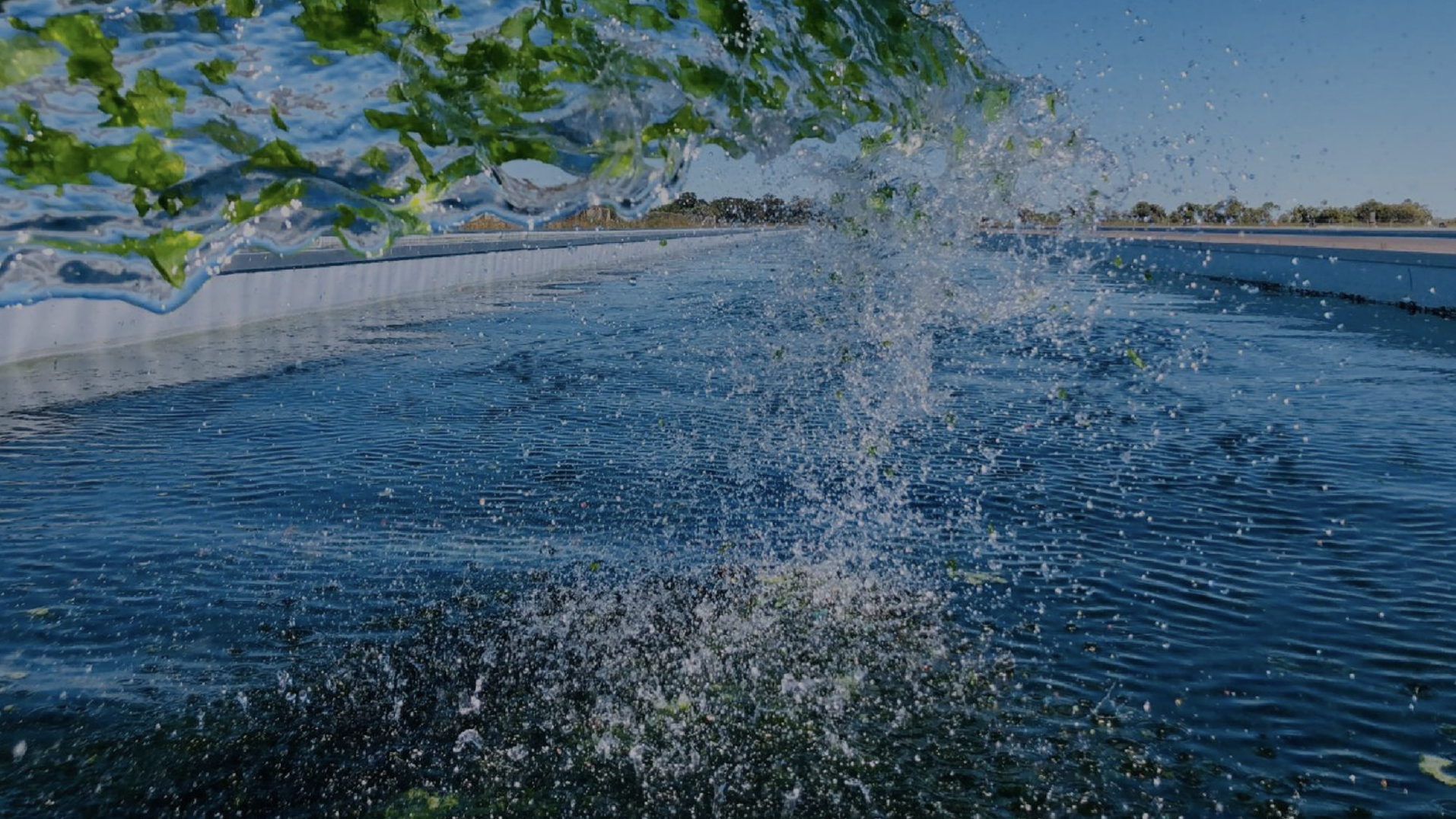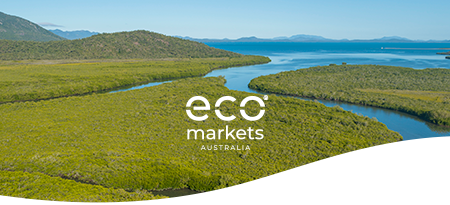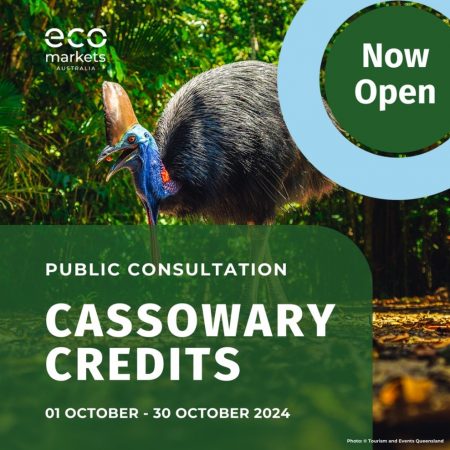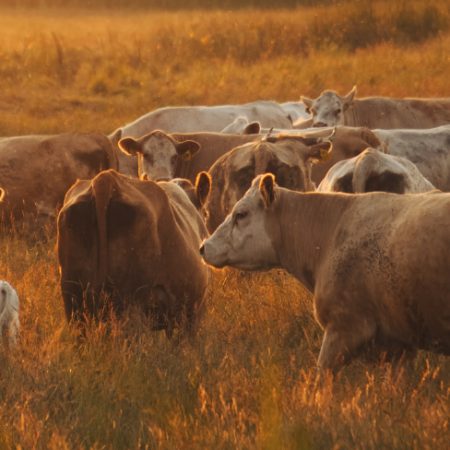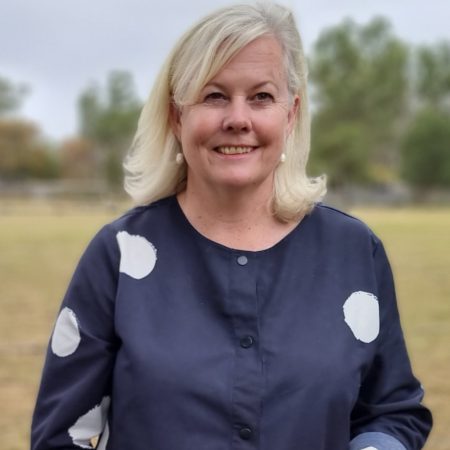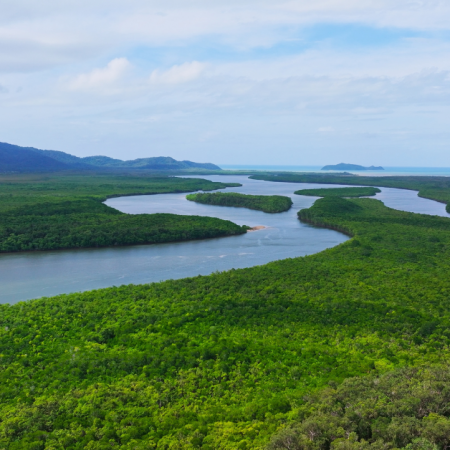Celebrating a Milestone: The World’s First RegenAqua Wastewater Treatment Facility at Burdekin Joins the Reef Credit Scheme.
Eco-Markets Australia are thrilled to announce a groundbreaking development in the field of environmental conservation and wastewater management: the world’s first RegenAqua Wastewater Treatment Facility at Burdekin has officially been added to the Reef Credit Scheme’s registry. This project is a monumental step forward in our mission to protect the Great Barrier Reef and is the first project in the Scheme to use the innovative Wastewater Methodology to achieve significant nutrient reductions.
Pioneering Wastewater Technology
The RegenAqua facility, a collaboration between Pacific Bio and the Burdekin Shire Council, marks the commercial implementation of RegenAqua macroalgal technology. This cutting-edge solution addresses nutrient pollution by using endemic seaweed and river grasses (macroalgae) to remove harmful pollutants such as nitrogen from wastewater. Developed over ten years at James Cook University, and now under provisional patent, this technology represents a sustainable, cost-effective, and carbon-neutral approach to improving water quality.
Meeting Environmental Goals
The Burdekin facility not only sets a new standard for wastewater treatment but also significantly contributes to the Reef 2050 Water Quality Improvement Plan. Construction of the facility is due to be completed in late 2024 with the first Reef Credits expected to be generated in 2025. Pacific Bio believes that RegenAqua can be applied to municipal wastewater treatment facilities in the GBR catchment and has also completed trials at its MegaLab to show that RegenAqua can remove nutrients from agricultural runoff.
Benefits Beyond Pollution Reduction
The benefits of the RegenAqua technology extend beyond its nutrient removal capabilities. The macroalgae harvested from the facility are repurposed into a bio-stimulant called PlantJuice, which aids in the production of stronger, more resilient crops. This not only supports local agriculture but also promotes a circular economy by turning waste into a valuable resource. Pacific Bio has also completed groundbreaking research to turn the macroalgae into biocrude and bioethanol that have been converted into biofuels like aviation fuel, gasolene etc.
The success of the RegenAqua Burdekin project paves the way for similar projects to be implemented elsewhere in the GBR catchment, further protecting the Reef’s ecosystem.
Looking Ahead
The addition of the RegenAqua Wastewater Treatment Facility to the Reef Credit Registry is not only a cause for celebration but also a call to action. The Great Barrier Reef, the largest coral reef on Earth, spans over 348,000 km² and is home to more than 25% of all known marine species. It serves as a vital carbon store, playing a key role in combating climate change, and contributes an estimated $56 billion to the Australian economy, supporting 64,000 jobs. However, the Reef faces severe threats from climate change and poor water quality caused by sediment run-off and DIN pollution.
As the RegenAqua Wastewater Treatment Facility at Burdekin demonstrates, innovative projects like this are crucial for reducing the pollutants that enter the Great Barrier Reef. By preventing pollutants from reaching the Reef, these initiatives contribute significantly to the Reef Credit Scheme’s goals of improving water quality in the Great Barrier Reef catchment, helping towards the targets set under the Reef 2050 Water Quality Improvement Plan and the UN’s Global Biodiversity Framework.
The success of the RegenAqua facility stresses the importance of such projects in protecting our precious marine environments. By diversifying and increasing the number of projects involved with the Reef Credit Scheme, we can contribute to the health and resilience of the Great Barrier Reef for future generations.
Learn more about this project: https://youtu.be/48jmoaPaIKs

